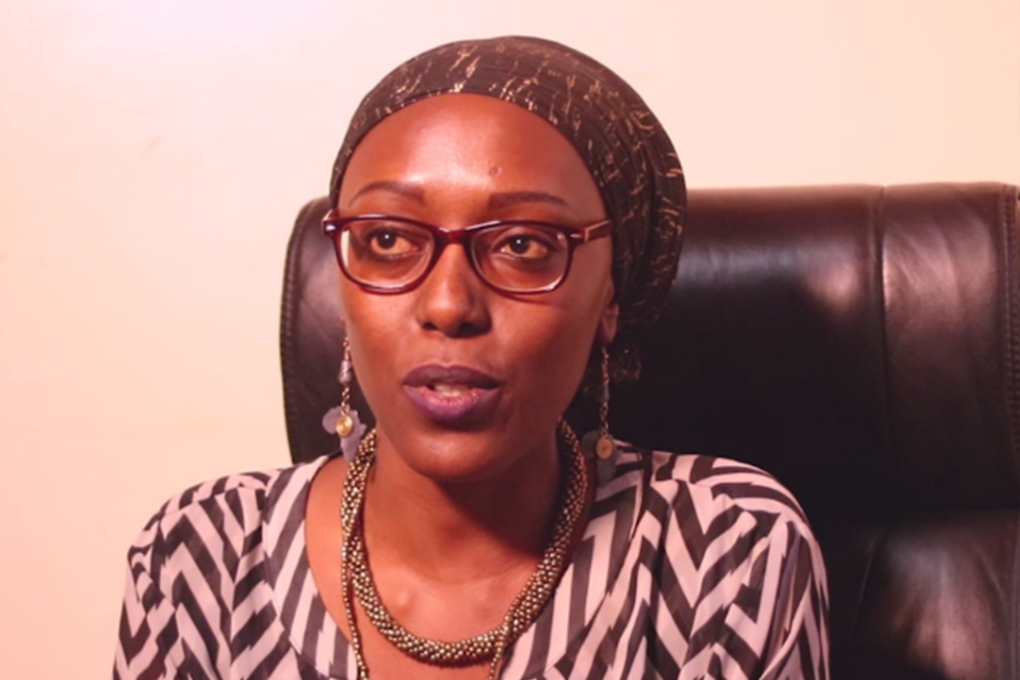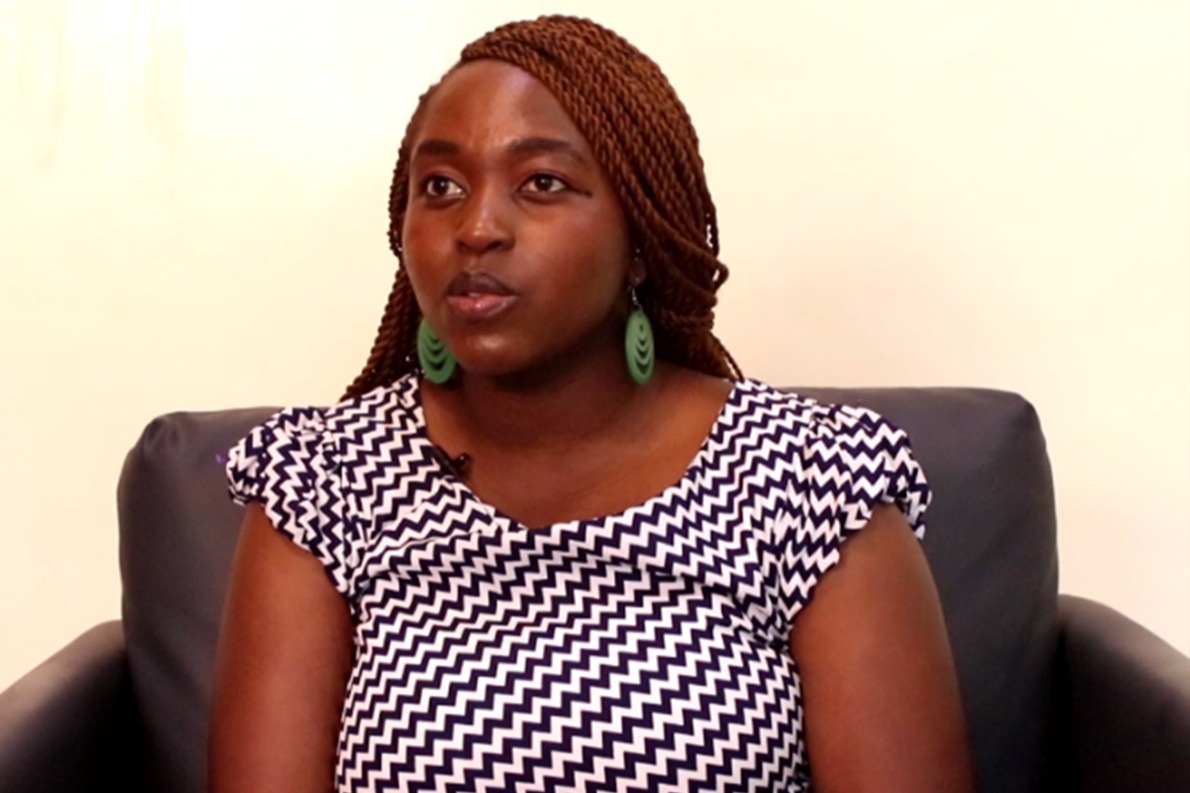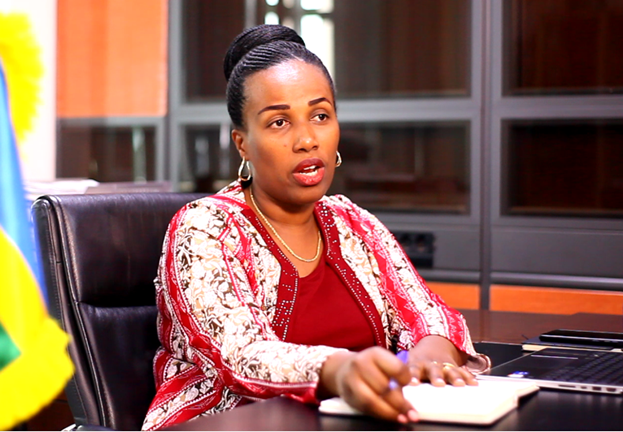In a significant boost to Rwanda’s export sector, TradeMark Africa’s 10-year Export Development Programme (EDP), launched in 2012, has nurtured over five new million-dollar exporters. Funded by USAID, UKaid, and the Finnish Government, the programme aimed to increase Rwanda’s exports by 17% annually, focusing on high-potential sectors like horticulture, ICT, and crafts. By the end of 2022, the EDP targeted $1.2 million in export revenues for the 40 participating firms, with a goal of $3 million by mid-2023.
When Sakina Usengimana the CEO of Afri Foods, joined the Export Development Programme (EDP), she didn’t know what to expect. Looking back, it was a decision that changed her life.
In the spirit of contributing to Rwanda’s ambition of increasing exports by 17% annually, TradeMark Africa (TMA) embarked on a 10-year EDP initiative in 2012 (implemented in two phases) to help exporters access new markets, with funding from USAID, UKaid and the Finnish Government. The second phase which began in 2017/2018 the programme was implemented in collaboration with the Rwanda Development Board (RDB), and comprised 40 participating firms, 16 of which were women-led while 12 were new entrants in the export business. It focused on high export potential sectors like horticulture, ICT, and crafts. TMA, in collaboration with Dalberg Advisors, a business development advisory firm, provided technical assistance. Diane Sayinzoga, Head of Special Economic Zones and Exports at RDB, emphasised the timeliness of the intervention in supporting Rwandan exports. “The programme was well aligned with the mandate of RDB, which is to promote Rwandan exports, build the capacity not only of the exporters, but also of the RDB team in charge of export promotion,” she said.

Mr. Butera, a Senior Manager at TMA explained the threefold strategy: first, offering business development services, including assessing firms’ products, target markets, value addition, and export plan restructuring. The second part involved aiding firms in obtaining business financing. The third and final intervention was creating access to markets.
With the interventions, firms are now recording not only profits but are also able to attract investors and create employment opportunities. Having learnt how to do a pitch deck through the programme, Sakina Usengimana, the founder and CEO of Afri Foods Ltd, pitched for a grant worth thousands of dollars during the Commonwealth Heads of Government Meeting (CHOGM) that took place in Kigali, Rwanda in 2022. “Every enterprise had a coach to help them and offer support. My coach encouraged me to scale up my business operations and trained me on how to develop investor worthy pitch decks,” Sakina said as she articulated that her firm has experienced a growth of more than 100% since joining the programme. “When we launched Afri Foods in 2019, we were only exporting to the Netherlands. Now, we have added the Middle East, Germany, France and the UK to our export market and we soon look to sign agreements with firms in Switzerland.”

Charlene Migadde, commercial manager of Souk Farms, which was part of the programme said; “We’ve accessed investments and engaged with a key investment fund willing to invest in us.” Souk Farms is a Rwandan company that grows and exports fresh horticultural produce. “When Souk Farms started in 2019, it had a small team of about three. Now, we have a team of 40 full time staff and between 700 to 800 casual workers and part time staff. Without the EDP, we could never have grown this quickly and attained some of the customers we have today,” said Ms. Migadde.
As part of the programme, RDB arranged for select businesses to attend trade shows across Europe, Asia, the Middle East and Africa. This allowed them to present their products to a wide range of potential clients and secure supply deals. The hard work has paid off as Ms Sayinzoga avers. “We now have over 30 new million-dollar exporters, and five of them were part of the EDP programme.” By end of 2022, the programme was estimated to generate $1.2 million in export revenues for these firms, with a goal of reaching $3 million by mid-2023. Worth noting is that many of the participating businesses expanded their product lines to include chilli, avocado, pineapple, passion fruit, bitter lemon, eggplant, strawberries, beans and peas, among others.















